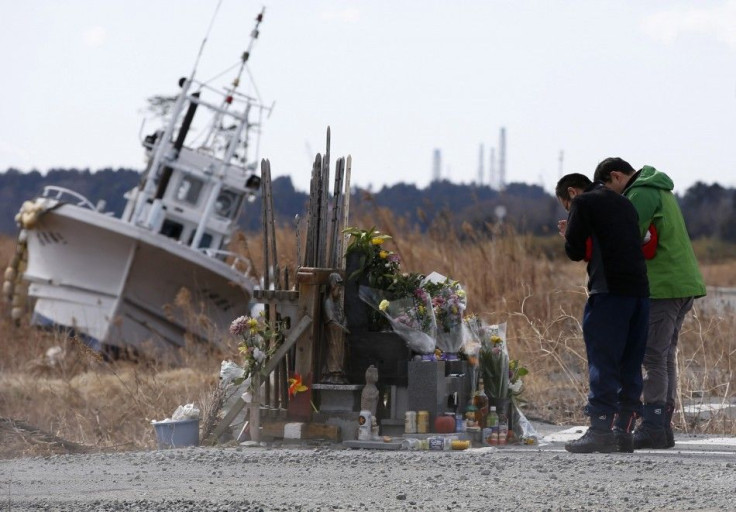TEPCO Loses in Fukushima Suicide Case, Ordered to Pay $472,000 to Family

A Japanese court has ruled that Tokyo Electric Power Company (TEPCO) is liable for the suicide of a woman in 2011 due to physical and mental effects brought by the disaster. TEPCO is the operator of the tsunami-crippled Fukushima Daiichi nuclear power plant.
The Fukushima District Court ordered TEPCO to pay 49 million yen (US$471,063) to the family of Hamako Watanabe who became depressed after the tragedy.
Mikio Watanabe, her husband, said he found her charred body in 2012. Hamako, a 58-year-old wife and mother, apparently doused herself in kerosene and then set herself on fire.
"We lost everything," Mikio earlier told CNN. "We were forced to evacuate. We lost our jobs. I lost my wife in such a terrible way. I really lost everything."
The hallmark ruling was the first time TEPCO had been held accountable for suicide and other resulting actions following the meltdown of the Fukushima Daiichi nuclear power plant.
The court ruling said the stress encountered by Hamako due to the sudden loss of the base of her life against her will and unknown future in evacuation was unbearable for her.
The ruling will definitely greatly influence future lawsuits as it will serve as the precedent of a case caused by the nuclear power plant accident, Tsuguo Hirota, the family's lawyer, said.
In April, 79 US sailors filed a US$1 billion lawsuit against TEPCO, wherein they alleged the operator lied to them about the high level of radiation in the area as they carried out their humanitarian mission. They were the first respondents to the crisis three years ago.
The Watanabes lived in the mountain town of Yamakiya. They have a chicken farm there. But because their location was 37 kilometres from the nuclear plant, the government did not include it in the original evacuation zone.
A month after the disaster, however, the government declared the town radioactive, prompting the Watanabes to leave the area and move to a cramped apartment in a city far away from the plant.
Not only did the Watanabes lost their home and source of income, they also lost their lives.
More than 150,000 people had to evacuate the area after a tsunami blasted the Fukushima Daiichi nuclear power plant, triggered by a massive 9.0 magnitude earthquake off the short of northern Japan. To date, about a third of those people still remain in temporary housing.





















